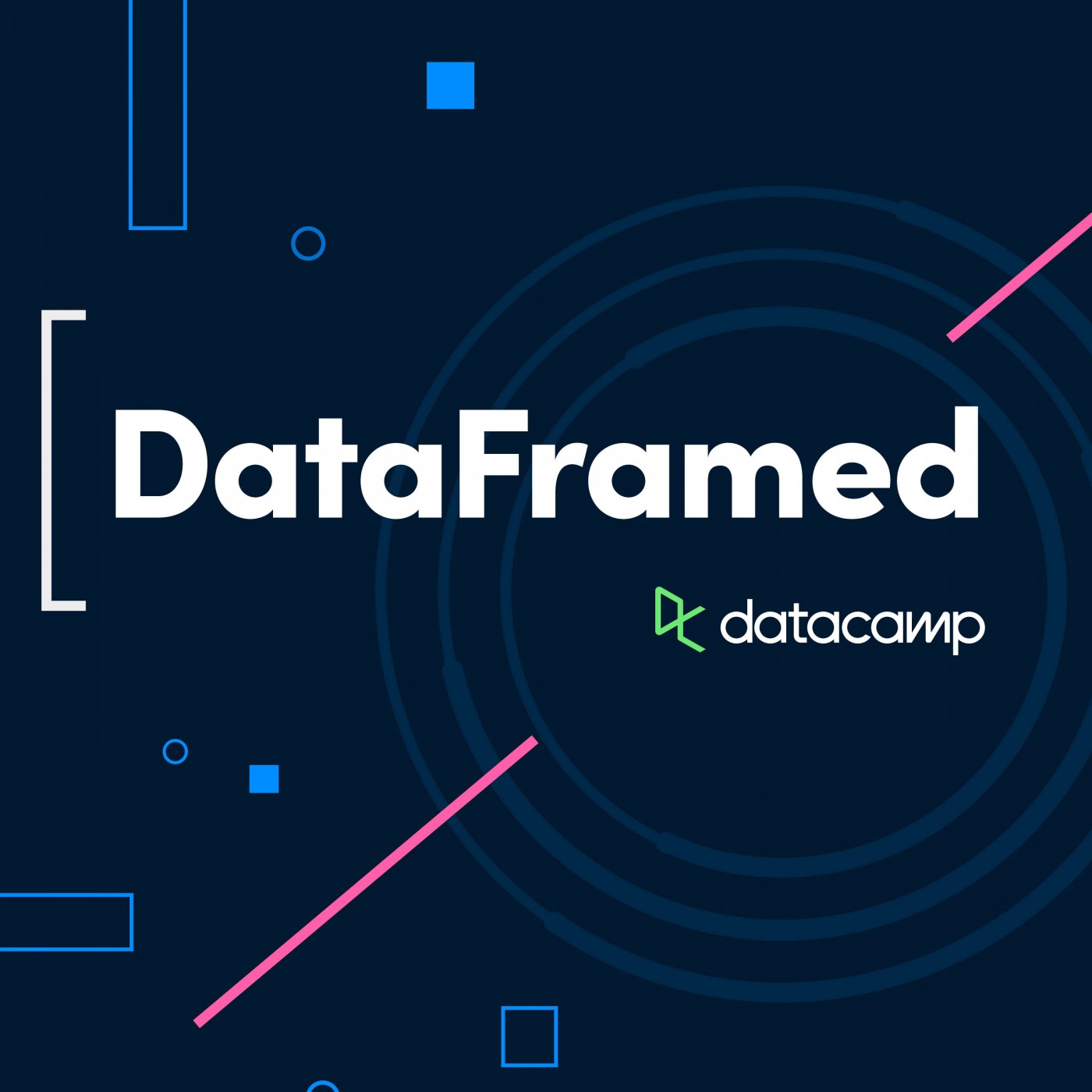
2024 Recap: The Art of Prompt Engineering with Alex Banks, Founder and Educator, Sunday Signal

DataFramed
Deep Dive
Why is prompt engineering considered a foundational skill for the future?
Prompt engineering is essential because it allows users to effectively harness the power of language models, ensuring they get the best possible outputs. It helps individuals and organizations supercharge their productivity by leveraging AI tools more effectively.
What are some strategies for creating effective prompts in ChatGPT?
Effective prompts require clarity, specificity, and sometimes open-endedness. For example, providing context (e.g., 'I am an eighth-grade math teacher') and asking for creative examples can yield better results. Open-ended prompts allow the model to think outside the box and generate unexpected but valuable insights.
How can prompt engineering help reduce bias in AI outputs?
Bias in AI outputs often stems from the one-dimensional nature of the model's knowledge and the data it was trained on. Using tools like web browsing or referencing peer-reviewed papers can help fact-check and reduce hallucinations, ensuring more accurate and less biased responses.
What is chain-of-thought prompting, and why is it effective?
Chain-of-thought prompting involves providing a roadmap for the model to follow, guiding it step by step to arrive at the desired answer. This technique is particularly useful for complex tasks, as it allows the model to reason through problems more effectively, using examples and structured thinking to shape the output.
What are the key differences between prompt engineering for developers and general users?
Developers often write longer, more complex prompts that require detailed system-level instructions, using delimiters and structured formats. General users, on the other hand, focus on simpler prompts for tasks like writing or generating ideas. Both, however, rely on clarity, specificity, and examples to get the best results.
What are the must-have AI skills for professionals in the future?
AI literacy starts with understanding prompt engineering to maximize the potential of current AI tools. Beyond that, professionals should be proactive in identifying AI tools that can solve specific business problems, such as using generative AI for video creation or voiceovers. Being able to leverage AI to enhance productivity will be crucial.
What does the future hold for large language models like GPT-5?
The future of large language models is likely to trend toward artificial general intelligence, with models becoming more capable of handling complex tasks in users' voices. Additionally, there will be a proliferation of smaller, hyper-specific models tailored to individual or organizational needs, offering faster and more personalized solutions.
- Prompt engineering is a foundational skill.
- AI is a platform with potential to diffuse quickly.
- AI can augment human potential and allow anyone to become a storyteller.
Shownotes Transcript
As we look back at 2024, we're highlighting some of our favourite episodes of the year, and with 100 of them to choose from, it wasn't easy!
The four guests we'll be recapping with are:
- Lea Pica - A celebrity in the data storytelling and visualisation space. Richie and Lea cover the full picture of data presentation, how to understand your audience, how to leverage hollywood storytelling and more. Out December 19.
- Alex Banks - Founder of Sunday Signal. Adel and Alex cover Alex’s journey into AI and what led him to create Sunday Signal, the potential of AI, prompt engineering at its most basic level, chain of thought prompting, the future of LLMs and more. Out December 23.
- Don Chamberlin - The renowned co-inventor of SQL. Richie and Don explore the early development of SQL, how it became standardized, the future of SQL through NoSQL and SQL++ and more. Out December 26.
- Tom Tunguz - general Partner at Theory Ventures, a $235m VC firm. Richie and Tom explore trends in generative AI, cloud+local hybrid workflows, data security, the future of business intelligence and data analytics, AI in the corporate sector and more. Out December 30.
Since the launch of ChatGPT, one of the trending terms outside of ChatGPT itself has been prompt engineering. This act of carefully crafting your instructions is treated as alchemy by some and science by others. So what makes an effective prompt?
Alex Banks has been building and scaling AI products since 2021. He writes Sunday Signal, a newsletter offering a blend of AI advancements and broader thought-provoking insights. His expertise extends to social media platforms on X/Twitter and LinkedIn, where he educates a diverse audience on leveraging AI to enhance productivity and transform daily life.
In the episode, Alex and Adel cover Alex’s journey into AI and what led him to create Sunday Signal, the potential of AI, prompt engineering at its most basic level, strategies for better prompting, chain of thought prompting, prompt engineering as a skill and career path, building your own AI tools rather than using consumer AI products, AI literacy, the future of LLMs and much more.
Links Mentioned in the Show:
- [Alex’s Free Course on DataCamp] Understanding Prompt Engineering)
- Sunday Signal)
- Principles by Ray Dalio: Life and Work)
- Related Episode: [DataFramed AI Series #1] ChatGPT and the OpenAI Developer Ecosystem)
- Rewatch sessions from RADAR: The Analytics Edition)
New to DataCamp?
- Learn on the go using the DataCamp mobile app)
- Empower your business with world-class data and AI skills with DataCamp for business)